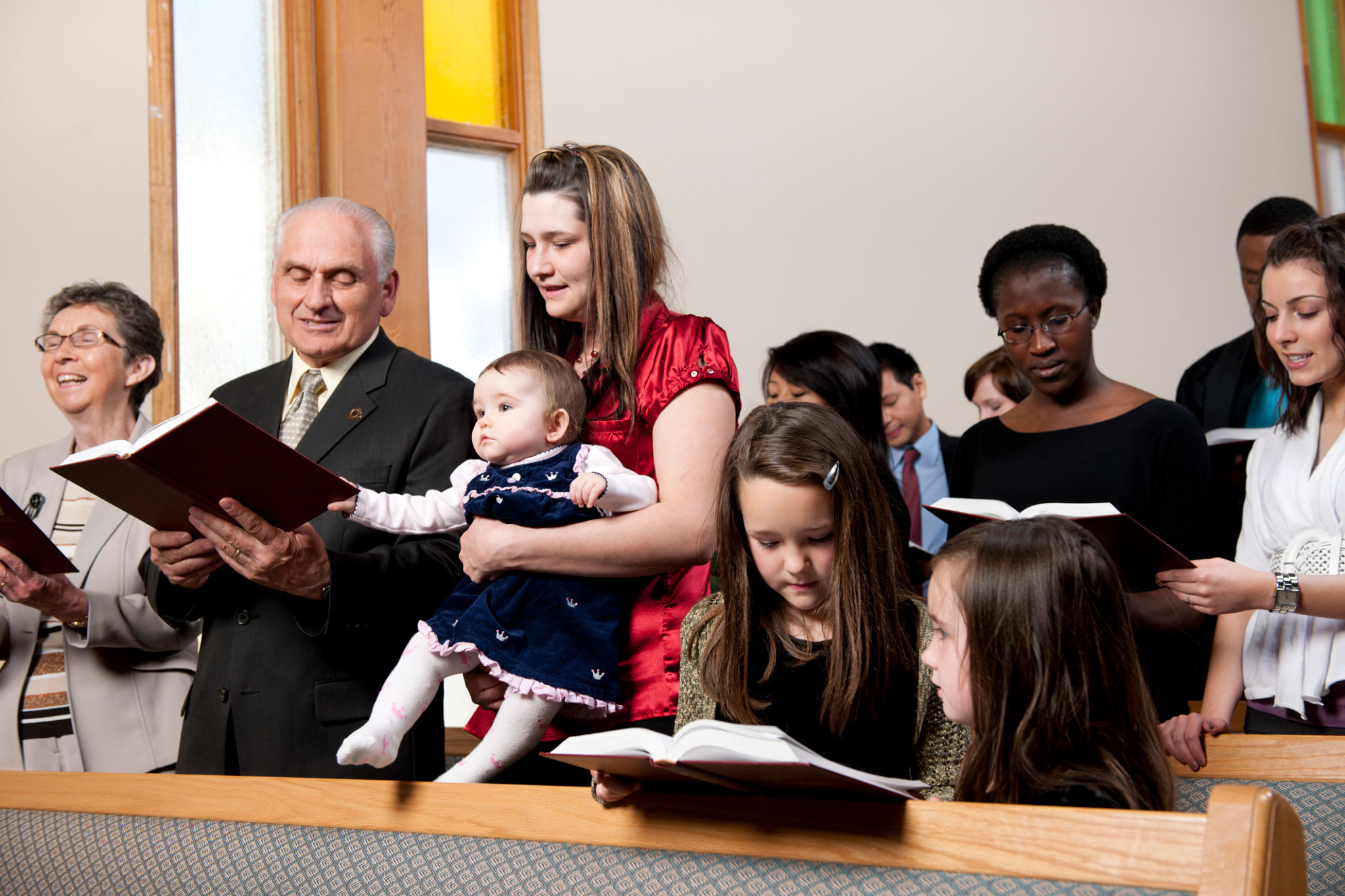Debunking Common Myths about Church Attendance
Understanding the Reality of Church Attendance
Church attendance has long been a subject surrounded by misconceptions and myths. These myths can sometimes deter individuals from attending church or even exploring their faith. In this post, we will debunk some common myths about church attendance and provide clarity on what it truly entails.
Myth 1: Church Is Only for the Perfect
One of the most pervasive myths is that church is a place only for those who are perfect or have their lives completely figured out. This couldn't be further from the truth. In reality, churches are communities made up of diverse individuals, each with their own unique struggles and stories. The notion that one must be flawless to attend church is a misconception that can prevent people from seeking spiritual growth.

Myth 2: Attendance Equals Holiness
Another common myth is that simply attending church is a direct indicator of one's holiness or spiritual standing. While regular attendance can be an essential part of one's faith journey, it is not the sole measure of spirituality. Spiritual growth involves personal reflection, prayer, and living out one's values in everyday life. Church attendance is one component of a larger spiritual practice.
Myth 3: Church Is Boring and Outdated
The perception that church is boring and irrelevant to modern life often discourages people from attending. However, many churches today offer dynamic and engaging services that address contemporary issues and provide a sense of community. From vibrant worship music to interactive discussions, churches continually evolve to meet the needs of their congregations.

The Benefits of Church Attendance
While debunking myths is essential, it's also important to highlight the benefits of church attendance. Being part of a church community can provide a sense of belonging and support, offering a network of individuals who share similar values and beliefs. Churches often host events and activities that foster connections and friendships, enhancing personal and spiritual lives.
Community Support and Involvement
Churches often serve as hubs for community support and involvement. They can be places where individuals find assistance during challenging times, whether through counseling services or charitable initiatives. Engaging with a church community allows individuals to contribute positively to society and make a tangible impact in the lives of others.

Opportunities for Personal Growth
Attending church can also provide numerous opportunities for personal growth. Through sermons, study groups, and volunteer activities, individuals can learn more about themselves and develop new skills. The encouragement to practice empathy, compassion, and understanding can lead to personal development that extends beyond the church walls.
Conclusion
Debunking myths about church attendance is crucial for creating an inclusive environment where everyone feels welcome. Recognizing that churches are communities filled with imperfect people striving for spiritual growth can encourage more individuals to explore their faith without fear of judgment. By understanding the true essence of church attendance, we can foster more open and accepting spaces for all.
